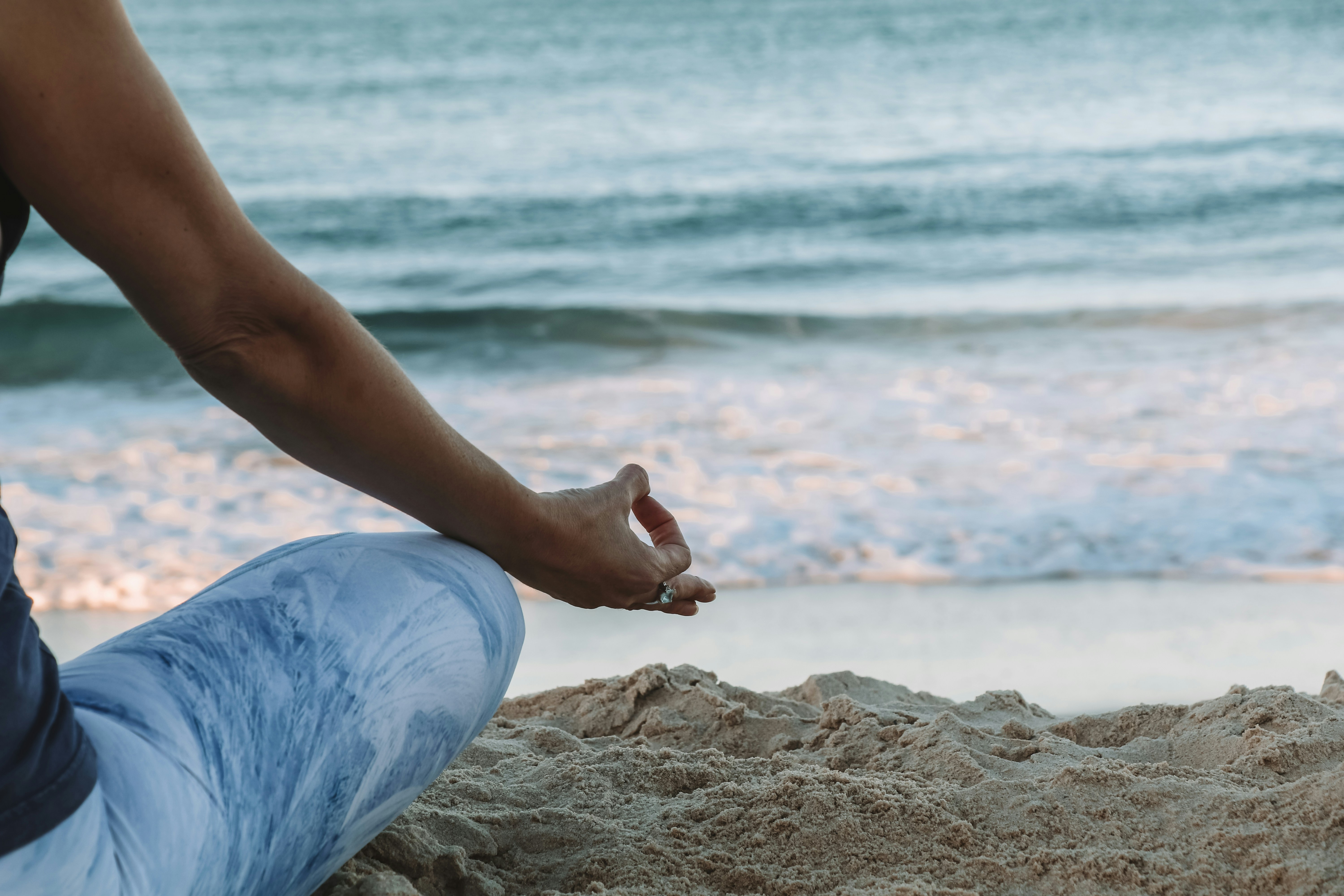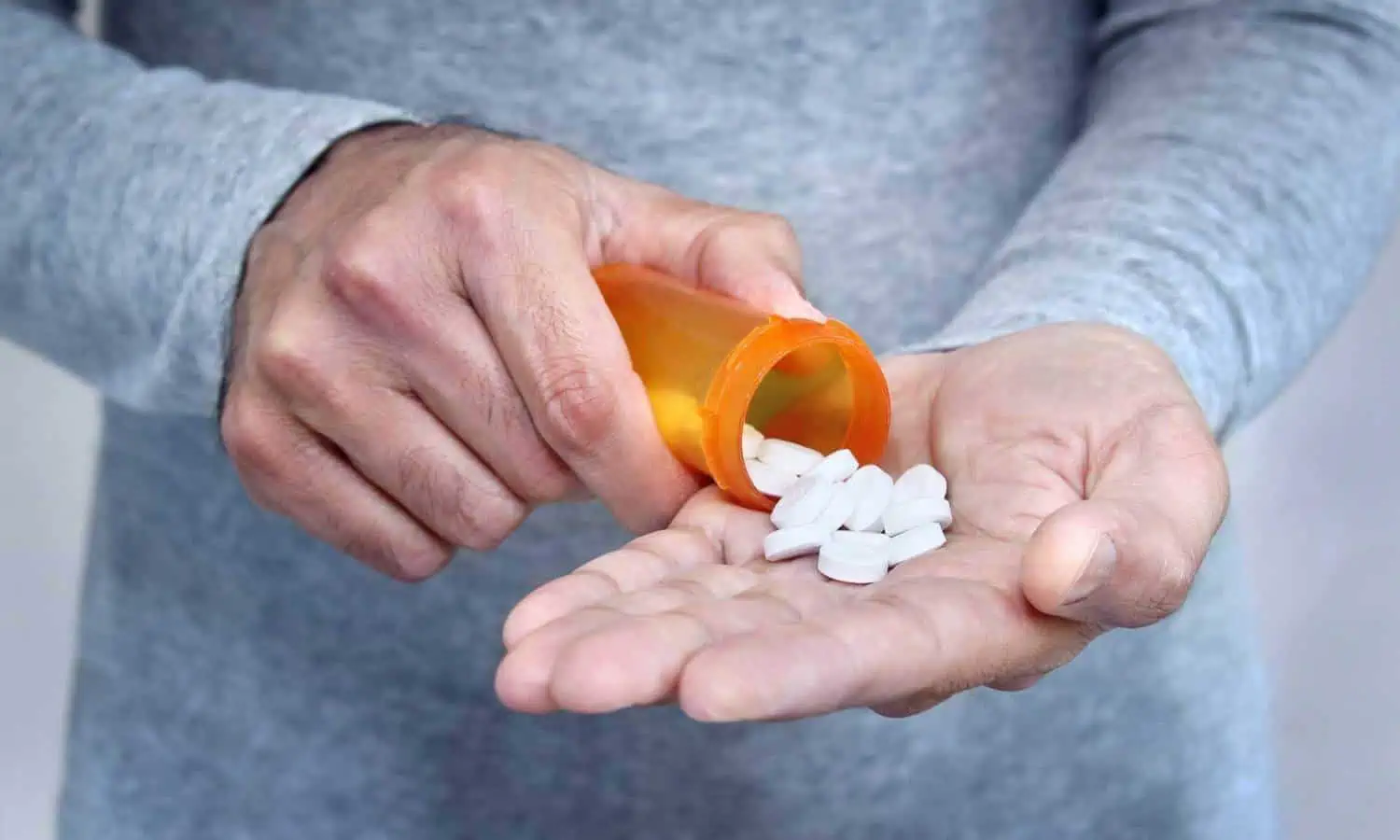Over 100 million Americans suffer from chronic pain, and if you are one of them, you know the profound effect it can have on someone’s daily life and their recovery. Not only does being in a constant state of pain cause many individuals to become irritable and frustrated but it can also negatively impact their physical and mental health, leading many to depend on painkillers for relief.
Some of the side effects of untreated chronic pain include depression, anxiety, insomnia, changes in appetite, and an increased risk of stroke. One of the most common ways to treat chronic pain is with prescription medications. But for individuals in recovery, this is often not an option.
Fortunately, those in recovery who are suffering from chronic pain have several holistic therapies that can alleviate their symptoms without risking their sobriety. If you’re looking for a natural way to heal your body, try these healthy alternatives:
1. Acupuncture
Various studies have determined that acupuncture is an effective way to manage muscle aches and chronic back pain, reduce migraines, and relieve pain caused by rheumatoid arthritis. Put your skepticism aside and give this traditional Chinese healing technique a try.
2. Cognitive Behavioral Therapy (CBT)
CBT is a form of psychotherapy that helps individuals gain a better understanding of how their thoughts influence their behaviors. Doctors suggest that CBT can benefit those with chronic pain by helping them address the psychological effects of chronic pain, such as depression, anger, and anxiety.
3. Exercise
If you suffer from chronic pain, exercise is probably the last thing on your mind, but research has shown that individuals with chronic pain who exercise regularly report less pain and increased activity. This is because exercise keeps you in shape and keeps your muscles strong. Speak with your doctor, and if approved, try slowly incorporating exercises such as walking, stretching, light strength training, and yoga into your daily life.
Be mindful of your pain and don’t push yourself too hard. And remember to start slow, stretch, warm up, and cool down.
4. Eat a Healthy Diet
Chronic pain, particularly back pain, often means spending hours sitting or lying on the couch, eating way too many snacks. But research says that what you eat can actually have an effect on the amount of pain you feel. Put down the soda, Oreos, and chips and trade them for foods that could help alleviate your chronic pain.
Remember, extra weight means extra pain, so think about moderation next time you reach for sweets.
5. Get a Massage
Massages are not just for the spa. Massage therapy can significantly help with pain management by addressing spasms, soreness, stiffness, and any injuries. It also increases serotonin, which reduces pain naturally, and decreases stress, anxiety, and depression.
6. Practice Mindful Meditation
Studies show that incorporating just three 20-minute sessions of mindful meditation into your week can make a difference in how you perceive pain. According to Alex Zautra, professor of clinical psychology at Arizona State University, this is because “pain is not only a physical experience but an emotional one.” Meditation reduces stress and eases the way the nervous system reacts to pain.
For additional therapeutic activities that encourage physical and mental well-being, visit our Wellness page.
If you or a loved one is struggling with addiction, Mountainside can help.
Click here or call (888) 833-4676 to speak with one of our addiction treatment experts.

 By
By 






